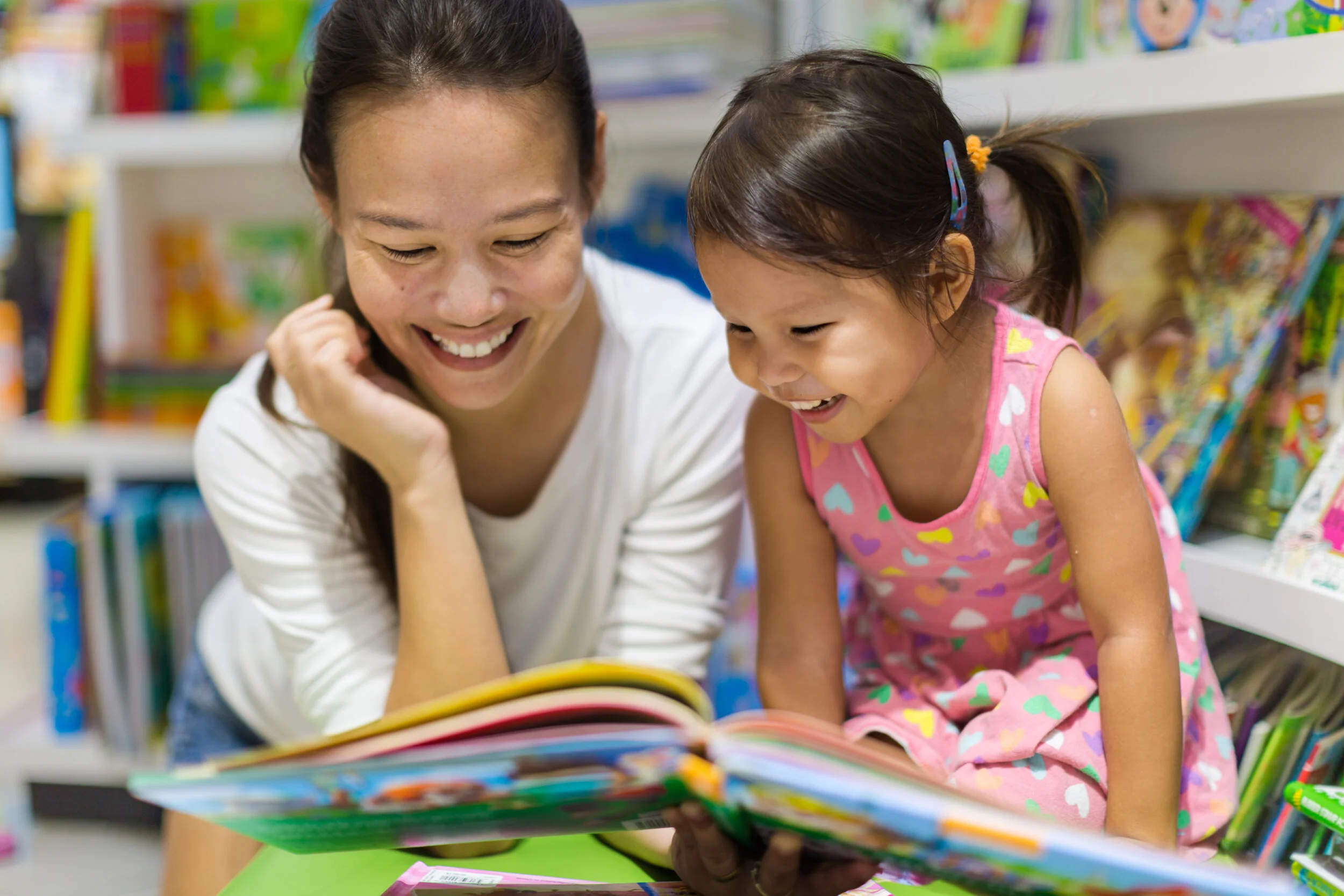Treatment for mom or dad may be important for the kids, too. “We know ADHD is highly familial,” explains Mark Stein, a clinical psychologist and director of the ADHD and Related Disorders Program (PEARL Clinic) at Seattle Children’s Hospital. “That means 25 percent of the parents of kids we diagnose are going to have it.”
Read MoreHelp yourself, and them, by learning techniques to manage stress in a healthy way.
Read MoreMost kids get angry sometimes. It’s a natural reaction when life feels hard or unfair. It’s also natural for the adults in charge to feel conflicted when it happens. They can feel irritated and want to help at the same time.
Anger is often a sign that kids are struggling with or frustrated about things beyond their control. They don’t react this way on purpose. It happens because they don’t yet have the skills to identify and cope with strong emotions.
Read MoreMany people have anxiety at some point in their lives — including kids. But people who learn and think differently are more likely to have anxiety than other people.
There are different reasons for that. First, the stress of facing ongoing challenges can lead to anxiety. But there may also be a genetic link between certain learning and thinking differences and anxiety.
For example, many people with ADHD also have anxiety. In fact, kids with ADHD are up to three times more likely to have anxiety than kids who don’t have ADHD. Anxiety also often occurs with dyslexia, slow processing speed, and sensory processing issues.
Read MoreYou may not have the time to read aloud to your child every day. And that’s OK. There are other ways to make sure your child has the chance to get in reading time. Here are a few ideas for busy families.
Read MoreFor many kids, adjusting to social situations — whether it is a birthday party or a play date — can be challenging, even if they want to be there. Big groups of kids can be intimidating for even the most outgoing child, so for those who are sensitive or prone to anxiety it can make for a rocky transition.
Read MoreFriendships are one of the biggest sources of fun in a kid’s life, which is reason enough to value them. But they are also critical to development. They lay the groundwork for lifelong skills like listening to others, solving problems and self-expression. They are also an important source of confidence. As kids get older their friendships start playing an even bigger role in their emotional and personal lives.
Read MoreSummer means a much-needed break for kids, but it can also mean a break in learning and, in many cases, a regrettable loss of newly developed reading skills.
The so-called “summer slide” is particularly problematic for kids who are already struggling with reading. If you don’t want to risk a child losing ground over the summer, it’s important to make sure he has opportunities to practice his growing reading skills. Summer doesn’t need to stall your child’s progress, and it can even be an opportunity to gain reading fluency and enthusiasm.
Read MoreBy week two of summer vacation, “I’m bored” often becomes our kids’ constant refrain. Figuring out how to keep your child entertained over the summer can be a challenge. And it doesn’t help when social media makes it look like every day should resemble a Pinterest board.
Read MoreThere are lots of reasons kids talk too much. They may just be passionate about a topic and want to share every single detail about it. But there are many other reasons, too. Check out this article on Understood.org to learn more.
Read MoreIt’s not always easy to spot ADHD symptoms. That’s partly because everyone acts in ways that can look like ADHD from time to time. But kids and adults with ADHD (also known as ADD) struggle a lot more with these behaviors than other people their age. Here’s an article from Understood.org about those ADHD signs can play out at different ages.
Read MoreFrom starting a piggy bank to sending your kid off to collegewith a credit card, helping kids learn healthy habits around money can take a lot of work — and patience.
But teaching children to be financially responsible early on will help them cope with challenges like setting limits, planning a budget and resisting impulse buys. There are a lot of different ways to help kids get smart about spending, but we’ve put together some basics to help parents get started.
Read MoreWhether they see it on the news or in their own communities, kids across the United States are aware of the violent acts of racism that our country continues to confront. Many children of color have experienced such racism themselves, or seen it affect their loved ones. From police brutality against Black people to attacks on Asian American people during the coronavirus crisis, there’s a lot going on that can be scary and confusing for kids to deal with.
How can parents, many of whom are struggling themselves, help children process what they’re seeing and manage their feelings?
Read MoreSelf-care isn’t something most kids think about. But just like the adults in their lives, kids can get stressed. In fact, with the pandemic, some kids are more anxious than ever. They don’t always have strategies to help them self-regulate.
Self-regulation is about having ways to calm down in the face of stress and anxiety. It’s a skill that develops over time and with practice. And being able to soothe yourself is an important step to being more resilient.
Read MoreBy this point in the pandemic, setting rules around screen time may feel impossible. How much is too much? Does remote learning count? What about gaming with friends? And what if you (like many parents right now!) are just too exhausted to fight about it? There’s no one right answer when it comes to managing screen time during this ongoing crisis.
Read MoreThe first thing we have to do to manage tantrums is to understand them. That is not always as easy as it sounds, since tantrums and meltdowns are generated by a lot of different things: fear, frustration, anger, sensory overload, to name a few. And since a tantrum isn’t a very clear way to communicate (even though it may be a powerful way to get attention), parents are often in the dark about what’s driving the behavior.
Read MoreSome kids (and adults) have trouble accepting other people’s point of view. They think they’re always right, and everyone else is wrong. That’s especially true for kids who struggle with flexible thinking.
Flexible thinking lets people see things from different angles. Kids who struggle with it have trouble understanding that people don’t all think alike. And that can cause problems during election season, when they hear people at home, at school, on the news, or on social media disagreeing and arguing.
Read MoreWe know we’re not supposed to yell at our children. But parents are very stressed at the moment, and frustration and anger are inevitable. Overwhelmed with everything you’ve been asked to do, you find yourself losing your temper at kids who aren’t on their best behavior either. But when your circumstances aren’t normal, your parenting won’t be normal.
Read MoreSocial distancing at school will be hard for many kids. But for kids who learn and think differently, following those rules may be even more difficult. Here are some reasons why, plus tips for helping.
Read More



















